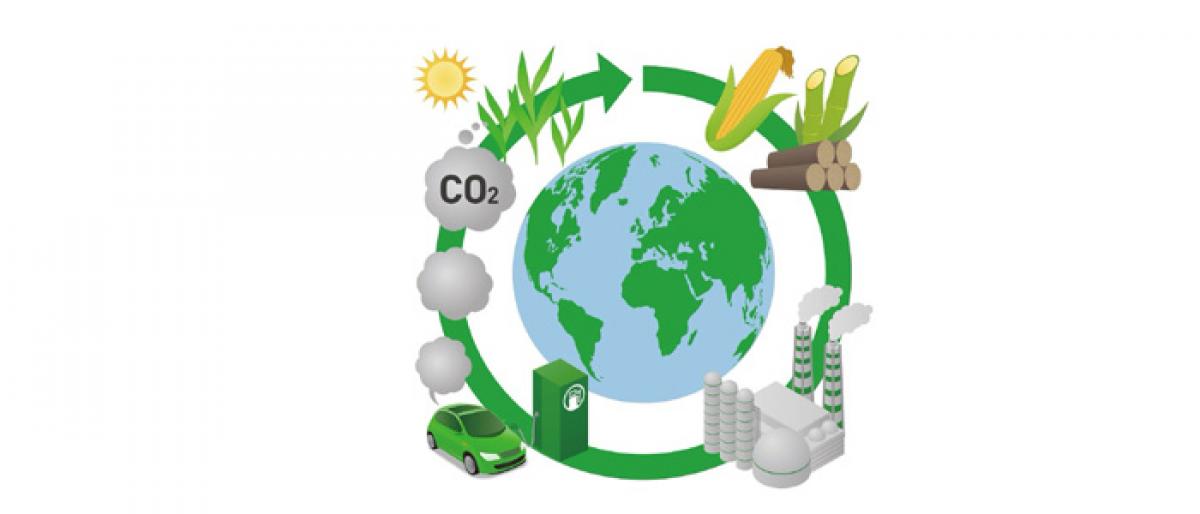Live
- Cycling vs walking: Which is better for weight loss?
- ‘The Delhi Files’ to hit floors this year
- Former Pakistan women’s captain Bismah Maroof calls time on her playing career
- CM Kejriwal’s arrest not based on belated contradictory or coerced statements: ED’s affidavit in SC
- PM Modi urges people to not get upset with 'insulting language' used against him by Congress
- North Korea touts ties with Russia on Kim-Putin summit anniversary
- CM Yadav-led MP Govt will run with full speed after LS polls: PM Modi
- EC sends notice to Cong over poll code violation by Rahul Gandhi, seeks reply by April 29
- CM Revanth flays BJP Policies and Alleges Conspiracy Against Reservations
- BMW's another all-electric car launched in India









